According to the International Labor Organization of the United Nations, 27.6 million people worldwide were victims of forced labor, bonded labor, forced child labor, sexual servitude and involuntary servitude in 2022.
One of the largest and most well-known agencies fighting these forms of modern-day slavery in the world is the International Justice Mission, founded in 1997 by human rights lawyer Gary Haugen.
From a vision for improving local justice systems to protect vulnerable people, IJM now has revenue exceeding $100 million and field offices in 16 countries in Central and South America, Africa, Europe, Asia and the Indo-Pacific region.
Its growth can be attributed to “a quickly expanding movement of people around the world who are awakening to the reality that millions of people are suffering from violence,” a spokesperson for IJM told media.
IJM follows a “community protection model” in four areas: strengthening local justice systems with training and tools, bringing criminals to justice by working with local law enforcement, rescuing and restoring victims, and advocating for greater protections.
Your tax-deductible gift helps our journalists report the truth and hold Christian leaders and organizations accountable. Give a gift of $30 or more to The Roys Report this month, and you will receive a copy of “Baptistland: A Memoir of Abuse, Betrayal, and Transformation” by Christa Brown. To donate, click here.
Its early years were committed to establishing its mission, and almost immediately, IJM received more referrals of cases of abuse and oppression than expected. It also involved churches in understanding its vision of helping the world’s most vulnerable populations and ending modern-day slavery.
In the early 2000s, IJM opened its first field offices internationally in places like Mumbai and Manila to help fight sex trafficking. It expanded to Chennai and Kenya to combat labor trafficking.
Endeavors to strengthen local justice systems gained traction when, in 2005, the Cambodian government invited IJM to train over 100 officials, lawyers and judges to help protect children from trafficking and sexual exploitation. The momentum has grown, and last year IJM trained over 20,000 justice system officials.
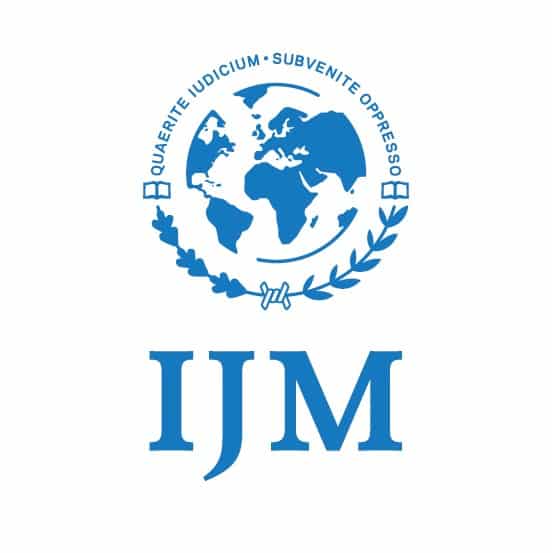
In pursuit of its goal of bringing criminals to justice, last year IJM claimed to have played a part in the conviction of 1,179 perpetrators and the restraint of 4,097 suspected criminals, although its report did not elaborate what was meant by “restraint.”
In its work to rescue victims, IJM reports that 9,295 victims were “relieved from violence and oppression” and 434 victims were restored, describing restoration as being “externally validated” using the Assessment of Survivor Outcomes tool.
“We are starting to see significant declines in the prevalence of slavery and violence in the communities that we serve, which is increasing people’s hope that together we can make an impact on this global crisis,” IJM told media.
IJM regularly reports progress in the areas it is working. As part of its accountability, IJM measures the prevalence of crime before its work begins, then measures changes in the justice systems’ responses as IJM works in the community. Next it evaluates whether the justice systems’ responses are actually improving the protections for vulnerable people. Finally, it shares its results in regularly published reports.
For example, in March it published a report on progress within the Dominican Republic’s justice system to address child sexual exploitation and trafficking. It found that the government has been handling more cases leading to more arrests, indictments and convictions from 2014 to 2021. It pointed out that there is still work to be done as cases did not progress as hoped, with 86% of cases resulting in arrests but only 31% of those reaching a conviction.
IJM attributed its accelerated growth in the early 2000s to receiving “multiple large grants” from the United States government and the Gates Foundation. In 2011, it benefited from an $8 million Google grant for the work of two IJM-led coalitions in India.
IJM still accepts government grants, having received $4 million in 2021, according to its IRS Form 990.
IJM’s work has not been without controversy. A recent BBC Africa Eye article claims to have discovered two documented cases where children were “traumatically and unjustly removed” from their homes and their relatives were wrongly prosecuted as child traffickers.

In the MinistryWatch database, IJM has a donor confidence score of 73 out of 100, meaning donors can give with confidence. It earns a “C” transparency grade because while it publishes its Form 990s and audited financial statements, IJM does not belong to the Evangelical Council for Financial Accountability. Its financial efficiency rating is only one out of five stars. In 2021, it spent 16% of its total expenses on fundraising efforts, well above the 6% median for other organizations in the same sector.
About its fundraising percentage, IJM said, “For the last 25 years, we have maintained and continue to uphold the highest levels of integrity to make sure every dollar given has an impact.”
Further explaining its high fundraising expenses, the spokesperson added, “The fight against modern slavery is a relatively new issue so there is an investment in creating awareness about the crime prior to providing people and organizations with opportunities to engage and partner.”
According to IJM, everyone can join in the cause of fighting human trafficking in multiple ways: advocating in Congress, volunteering time, fundraising, becoming an intern or fellow and praying for IJM’s work.
IJM plans to continue the same model it has used for the last 25 years and “deepen our work of empowering local partners, including survivor led networks, to bring transformational change to = their own community so that justice systems enforce local laws, criminals are deterred, and vulnerable people are protected from violence.”
This article originally appeared at Ministry Watch.
 Kim Roberts is a freelance writer who holds a Juris Doctor from Baylor University. She has homeschooled her three children and is happily married to her husband of 25 years.
Kim Roberts is a freelance writer who holds a Juris Doctor from Baylor University. She has homeschooled her three children and is happily married to her husband of 25 years.




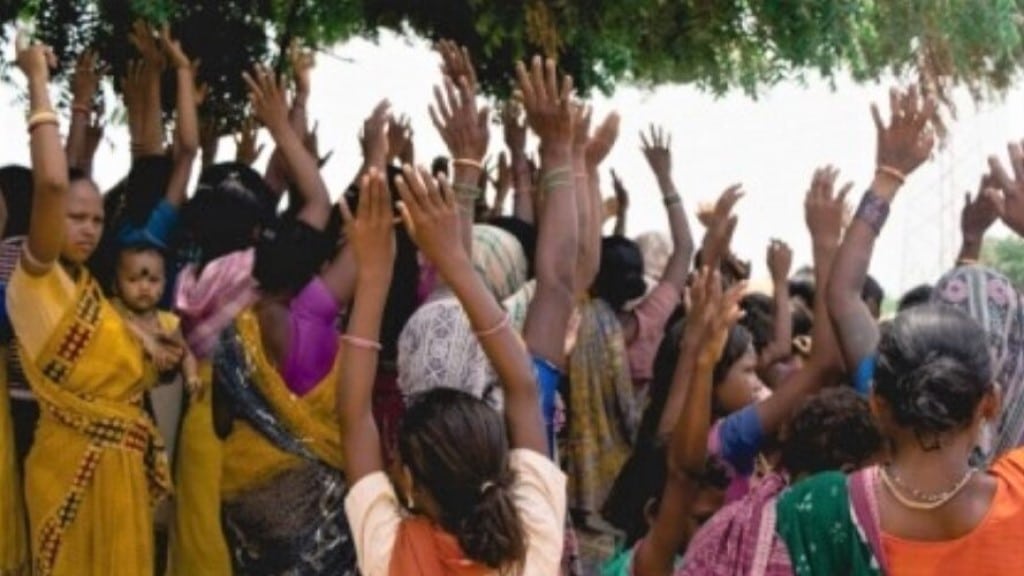


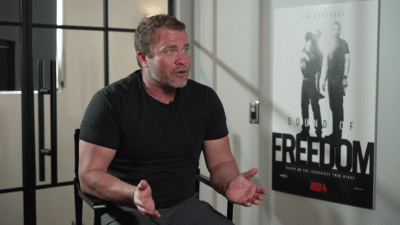
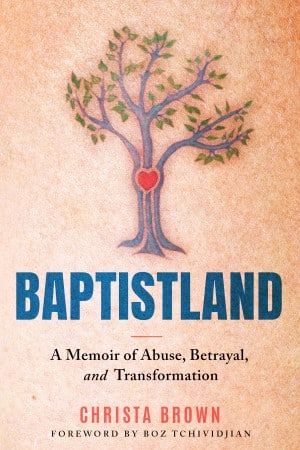
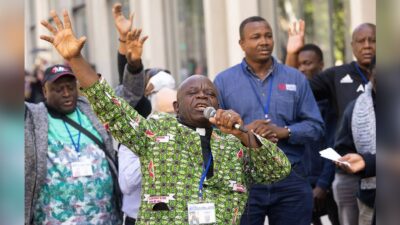











2 Responses
The exploitation of humans by other humans, is very complex, and is on a spectrum found in every society. The manifestations IJM is currently addressing, are (as reported) at the extreme and recognised end of the spectrum; so admirable and valuable endeavors. I’d then be minded to cut them slack on any weaknesses in their achievements, just as long as they evolve to continually improve collective awareness and understanding of such exploitation. Making it something we all feel we can recognise and combat locally.
Seems more transparent than Ballard’s biz, but one can never be too sure.
Ballard apparently just left OUR and one of the guys who funded the movie just got busted. Could possibly have been a ‘save a kid, sell a kid’ operation. Who knows for sure?
https://www.yahoo.com/entertainment/sound-freedom-funder-fabian-marta-165000513.html